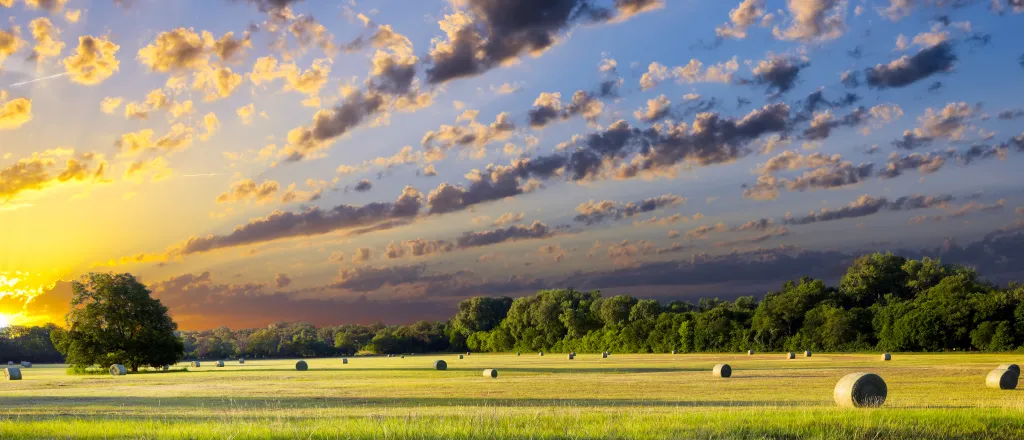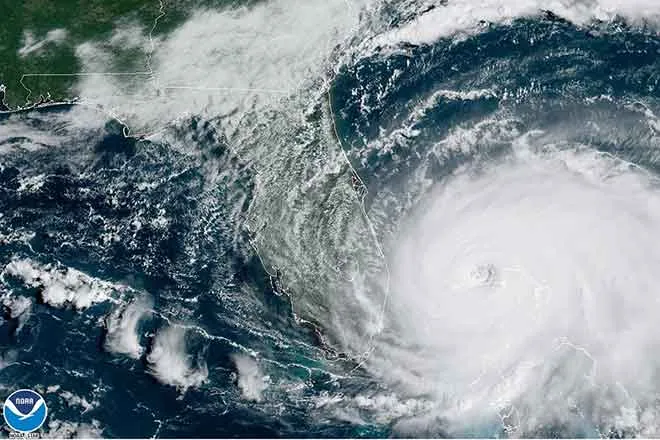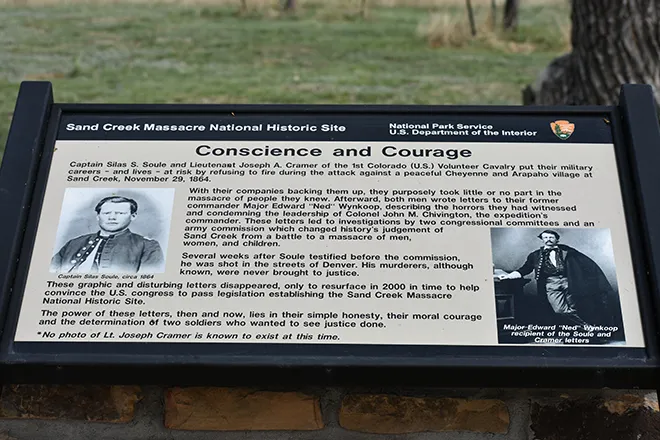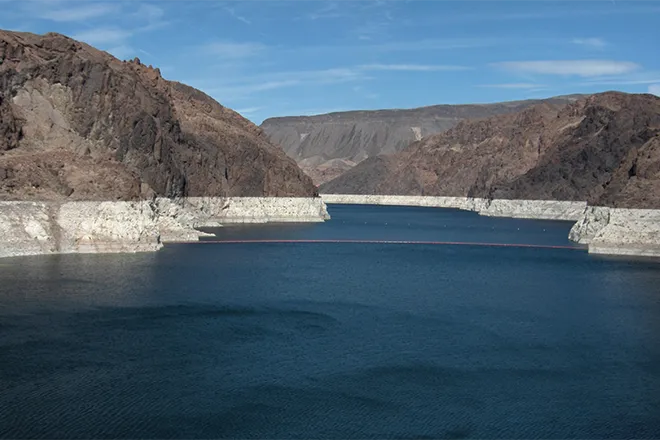
The Yonder Report: News from rural America - January 9, 2025
© Dean_Fikar - iStock-503150251
News from rural America.
"Drill, baby, drill" is a tough sell for oil and gas companies in Alaska's Arctic National Wildlife Refuge, rising sea levels create struggles for Washington's coastal communities, and more folks than ever are taking advantage of America's great outdoors.
TRANSCRIPT
For the Daily Yonder and Public News Service, this is the news from rural America.
Oil and gas companies are set to once again, submit bids to drill in Alaska's Arctic National Wildlife Refuge.
But thanks to then historically low oil prices, the Department of Interior sale in 2021 didn't attract much interest.
And University of Washington geologist, Scott Montgomery, says the extreme environment makes it expensive.
So the oil price has to be pretty high for people to feel the incentive to go up there.
In 1960, President Dwight D. Eisenhower set aside 9 million acres for wildlife, wilderness and recreation.
Environmentalists have opposed drilling in the Anwar for decades, citing accelerated climate change and what Montgomery calls a rich, unique and fragile ecosystem.
It is a migration pathway and a habitation for a lot of birds, but also large caribou herds, musk ox and polar bear.
Alaskan natives have mixed feelings about the leases.
Some raise environmental concerns, while others say the industry funds community infrastructure like schools and provides half of the region's jobs.
Rising sea levels mean struggles for Washington's coastal communities.
Anya Slepian has more.
North Cove, Washington is known for nearly 800 acres of commercial cranberry bogs, but coastal flooding from climate change and dam building could wipe out the bogs and the communities that depend on them.
Connie Allen is with local anti-erosion group Wash Away No More.
It could easily, within a few years, flood all the cranberry bogs you see out here.
Allen and her husband held community fundraisers to build a cobble berm to stop beach erosion.
And soon, that work drew support from local and national grants.
But coastline communities know the warming climate will be a continuous challenge.
Our storms are stormier, our winters are wetter.
We have the same amount of rainfall, but it comes all at once.
I'm Anya Slepian.
The great outdoors has never been more popular.
The number of folks hiking, biking, camping, and fishing has increased by more than 35 percent since 2012.
And the new Explorer Act aims to grow the outdoor recreation industry on public lands.
According to Jessica Zephyrs with the Adventure Cycling Association, bicyclists want to get off paved roads.
What we've really seen growth in are things like bike packing, gravel cycling, guided tours, e-bike touring.
Zephyrs says one section of the Explorer Act specifically supports biking on long distance trails.
The hope is that we can continue to inspire and empower people to ride in a way that is exciting and empowering for them.
And according to the Outdoor Industry Association, more women, people of color, and seniors are embracing outdoor activities.
For the Daily Yonder and Public News Service, I'm Roz Brown.
For more rural stories, visit dailyyonder.com.
















